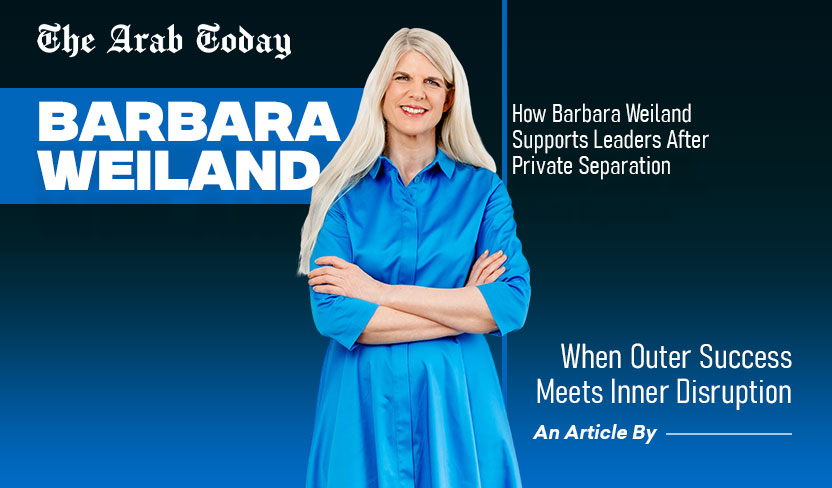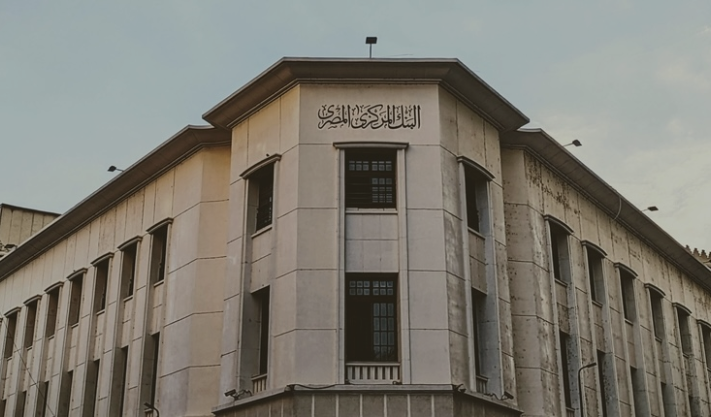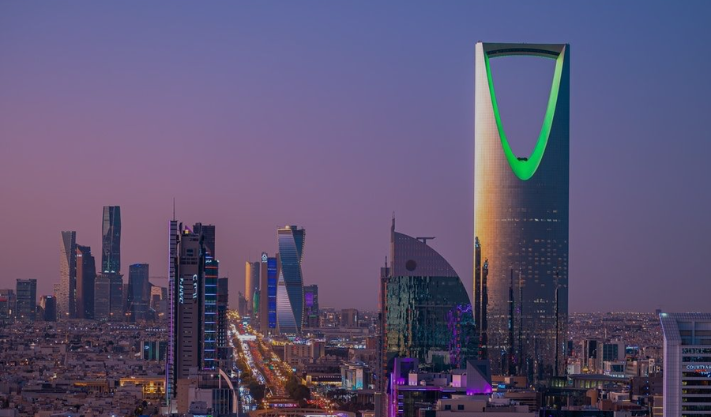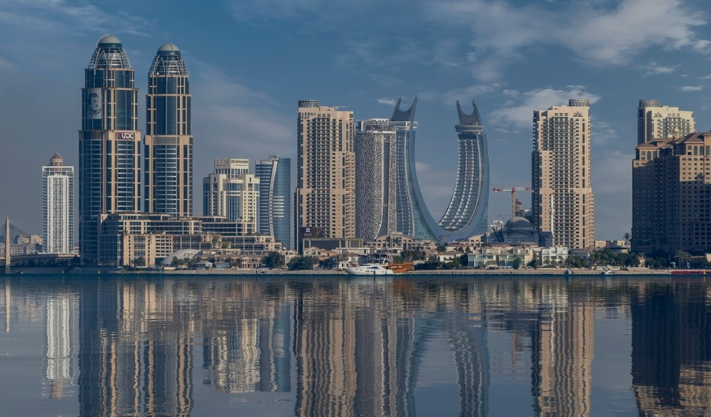GCC Countries Accelerate Green Energy Transition
The Gulf Cooperation Council (GCC) countries are making significant strides in their transition to green energy. Historically known for their vast oil and gas reserves, these nations are now focusing on renewable energy sources such as solar and wind to diversify their energy mix, reduce carbon emissions, and achieve sustainability goals.
Commitment to Renewable Energy
Governments across the GCC—comprising Saudi Arabia, the United Arab Emirates (UAE), Qatar, Kuwait, Bahrain, and Oman—have set ambitious renewable energy targets. The UAE aims to generate 50% of its energy from clean sources by 2050, while Saudi Arabia targets 50% by 2030. These initiatives align with global climate agreements and the push for net-zero emissions.
Solar Power: A Game Changer
The GCC region enjoys abundant sunshine, making solar energy a prime focus. Saudi Arabia’s Neom project includes a 4GW green hydrogen facility powered by solar and wind. The UAE’s Mohammed bin Rashid Al Maktoum Solar Park aims to generate 5GW by 2030. Qatar, too, has launched Al Kharsaah Solar PV Plant, the country’s first large-scale solar facility.
Wind and Hydrogen Energy Developments
While solar dominates, wind energy projects are also gaining traction. Oman, for example, has developed the Dhofar Wind Power Project, the first large-scale wind farm in the GCC. Additionally, the region is investing heavily in green hydrogen production, with Saudi Arabia leading the way with a $5 billion hydrogen plant set to be operational by 2025.
Government Policies and Investments
GCC governments are providing incentives for renewable energy investments through subsidies, tax breaks, and regulatory reforms. The UAE’s Energy Strategy 2050 and Saudi Arabia’s Vision 2030 are key frameworks driving green energy growth. Additionally, sovereign wealth funds and private sector investments are accelerating the transition.
Challenges and Future Outlook
Despite the progress, challenges remain. The high initial costs of renewable energy projects, grid infrastructure limitations, and dependence on fossil fuels pose obstacles. However, ongoing technological advancements, international partnerships, and policy support are expected to drive further growth.
Conclusion
The GCC’s commitment to green energy is reshaping its economic and environmental landscape. With continued investments and policy support, the region is poised to become a global leader in renewable energy, paving the way for a sustainable future.
Published: 3rd April 2025
For more article like this please follow our social media Twitter, Linkedin & Instagram
Also Read:
EU to rule on ADNOC’s $17.2B Covestro bid by May 12
UAE Attracts Record FDI in Renewable Energy Sector
UAE’s DAMAC to Expand Data Centers in Nordic Countries





